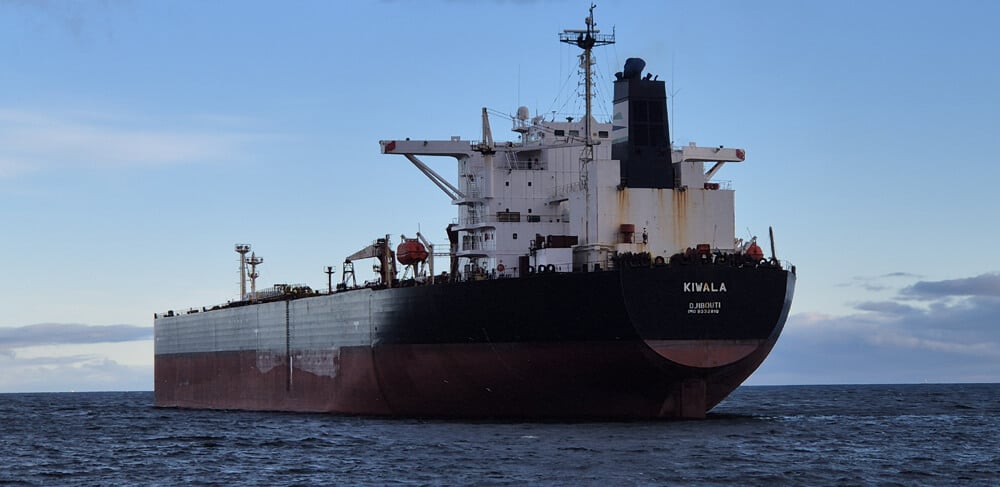Russian Dark Fleet Looks for Further Flags of Convenience

Russia’s dark fleet operators, who move cargoes of crude oil that can be subject to US and other Western-nation sanctions, have habitually used flags of convenience to register their tankers, as part of their subterfuges to circumvent these sanctions.
Sometimes, the nations owning the flags of convenience, which ships need to have before they can obtain insurance or docking facilities, have ineffective compliance regimes. Registrations on flags of convenience can also be fictitious and fraudulent, obscure flags of convenience being used because sometimes these nations have untraceable or non-existent verification procedures, or in some cases have no maritime registration facilities at all.
Led by the U.S. Treasury and the Federal Maritime Commission (FMC), flags of convenience are increasingly being challenged to tighten up their registration and compliance procedures, under threat of tariff or other trade sanctions. These moves are motivated by the sanctions avoidance of the Russian and Iranian dark fleets, but also by competition and crew safety concerns. Flags of convenience have frequently been used to avoid labor and safety regulations, and to underpay crews. This is a problem for trade unions representing seafarers, but also for ship owners who pay the cost of observing the rules but have to compete with those who don’t.
Panama has recently de-listed large numbers of ships for failing to be compliant. Behind Russia itself and Panama, analysis by Lorrendraaier suggested that the nations following behind, in terms of Russian tanker registrations, were Barbados, Gabon, Guinea, Honduras, Cook Islands, Vietnam, Djibouti, and Palau. Top prize for fraudulent ingenuity must go to the use of an entirely fictitious ship registry operated by the landlocked nation of Eswatini.
An FMC interim report published on August 20, 2025, considered whether Cyprus, Liberia, and the Marshall Islands should be identified as flags of convenience, and received pushback from the nations concerned. But the FMC’s investigatory process - and its description of what powers it has to pressure poor behaviors - has put an onus on all those potentially identified. In consequence, in recent months, Russian dark fleet operators have sought new homes for ships that have been dropped from some of these registries.
A flag that has attracted some registrations recently is Oman, which introduced five-year tax incentives on September 1 to encourage registrations. Lloyds List has identified 30 ships with Russian connections that have been moved to the Omani registry this year, many expelled from the UAE registry, including vessels owned by Sovcomflot, Fesco, JS Volga Shipping, and Prime Shipping. The greater trend, however, is for the Russian dark fleet to remain on the Russian register, or to adopt rapidly changing names and entirely fake registrations.
The most infamous of these moving targets is probably the Aframax known today (but probably not tomorrow) as the Benin-flagged Boracay (IMO 9332810), recently intercepted off the Brittany coast by the French Navy, and last seen heading for the Suez Canal. This vessel has been known recently as the Pushpa, Pacific Apollo, Virgo Su, P. Fos, Odysseus, Varuna, and Kiwala, and registered variously under the flags of Hong Kong, Liberia, the Marshall Islands, Saint Kitts and Nevis, land-locked Mongolia, Gabon, and Djibouti.
The danger for the Russian dark fleet is that changing names and false flags provides a pretext for interception at sea, on well-founded suspicions that either safety or labor regulations are not being followed. The Iranian dark fleet faces similar issues, but now compounded since the United Nations has endorsed snap-back sanctions against the Iranian regime.
